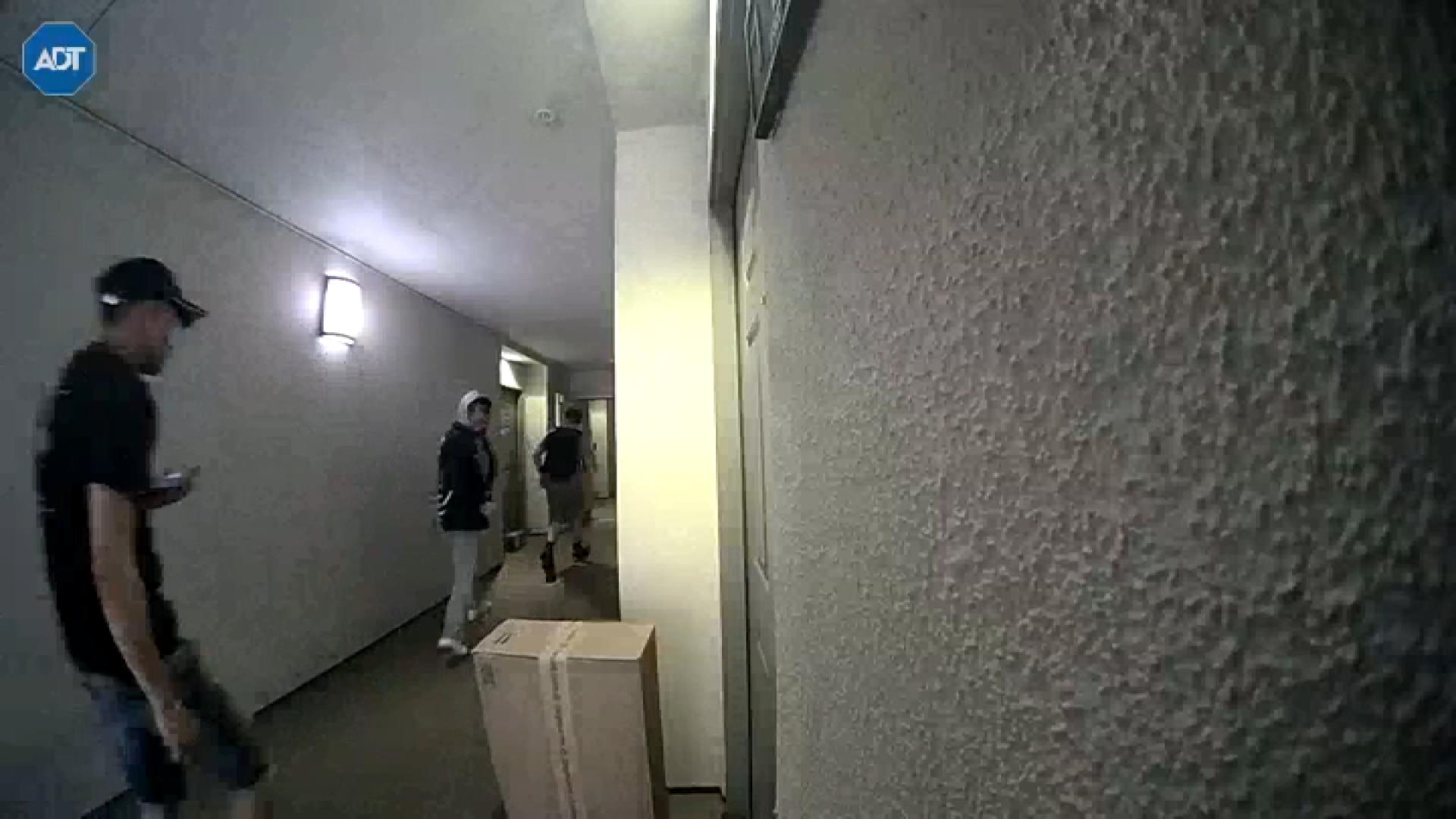It was his sled. Darth Vader is Luke's father. Bruce Willis was dead the entire time.
Whether you're avoiding the biggest movie reveal of the '80s or the latest happenings in Netflix's "Stranger Things," researchers at UC San Diego are working on a model that analyzes online text language to help spot those pesky spoilers before you do.
The new tool is called SpoilerNet, and it uses artificial intelligence to automatically flag spoilers in online reviews of books and TV shows. Researchers said this data can potentially be used to create software that catches spoilers on social media platforms.
"Spoilers are everywhere on the internet, and are very common on social media. As internet users, we understand the pain of spoilers, and how they can ruin one's experience," said Ndapa Nakashole, a computer science professor at UC San Diego and one of the paper's senior authors.
Julian McAuley, a computer science professor at UC San Diego and a senior author of the paper, said the SpoilerNet language model will contribute to the development of online recommendation systems by analyzing user-submitted reviews.
Researchers said the ultimate goal of the model is to understand the linguistic patterns people use, in this case, when writing spoilers and why they are tagged as such.
"Names or certain verbs might be thought of as spoilery--it could be that simple. But there are more subtle examples, such as certain linguistic patterns or combinations of different forms of speech," McAuley said. "That's hard for a person to figure out manually, and that's why we want machine learning to help us find these more subtle semantics."
News
Top news of the day
Spoilers are the bane of any fan's existence. However, UC San Diego psychology professor Nicholas Christenfeld's research revealed that they may actually enhance a person's experience.
"Almost everybody thinks spoilers are terrible. And people go to huge troubles to avoid them," Christenfeld said. "I don't think the trouble they are taking is paying off in terms of artistic appreciation."
Christenfeld said plots are just excuses for good writing, and when the big secret is unveiled, it takes the pressure off consumers and allows them to enjoy the elements that make a good story.
"It is an impressive engineering feat to scrub the web of all spoilers," Christenfeld said. "But what counts as a spoiler is so subtle that it's really hard to imagine getting it all."
The tool was able to detect spoilers with an 89 to 92% accuracy in field tests. McAuley said most errors were caused by red herring words such as "murder" or "killed."
It can also be challenging for the AI to accurately distinguish spoilers in text due to online users' inconsistent and subjective manner of labeling them, McAuley said.
"(Online users) flagged sentences in their reviews as containing spoilers, and we are using that as ground truth to train our model. But that truth isn't always right. Not everyone labels their spoilers--which is why you need this system in the first place," McAuley said.



